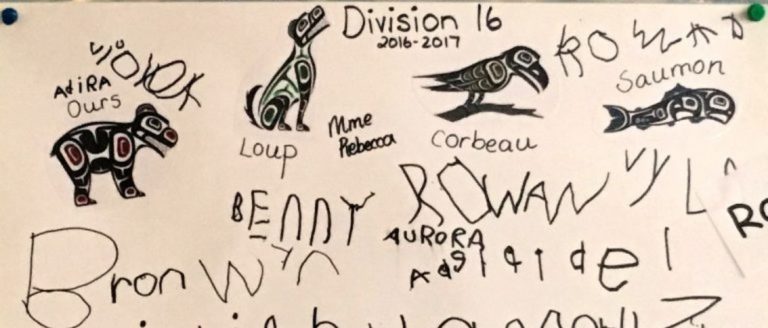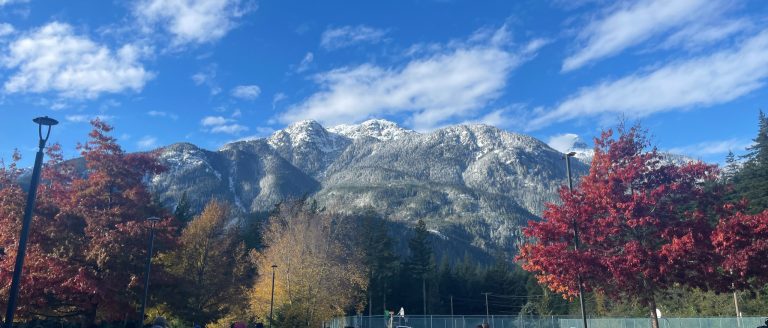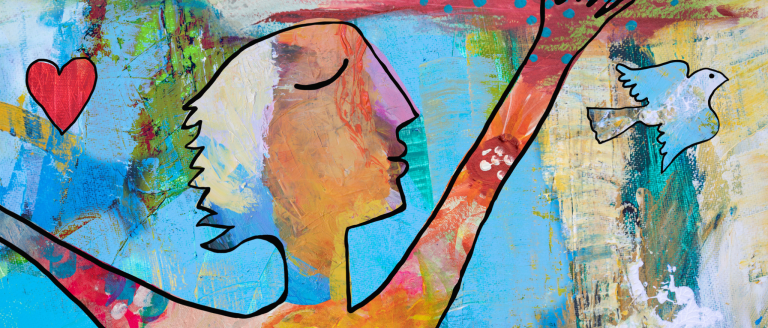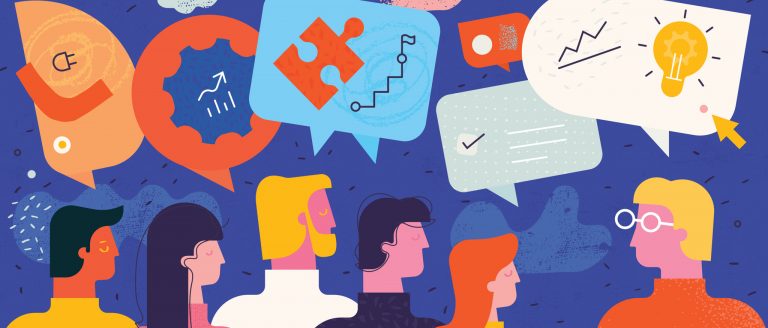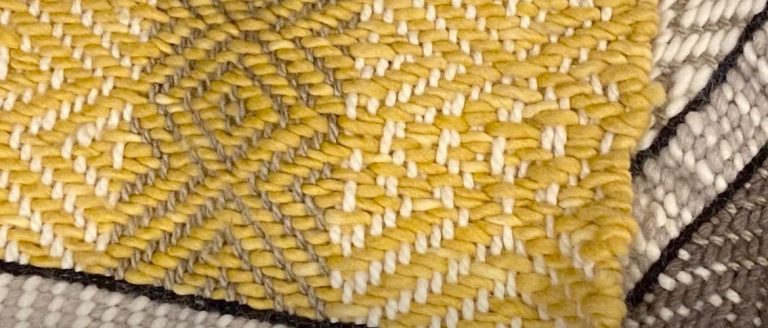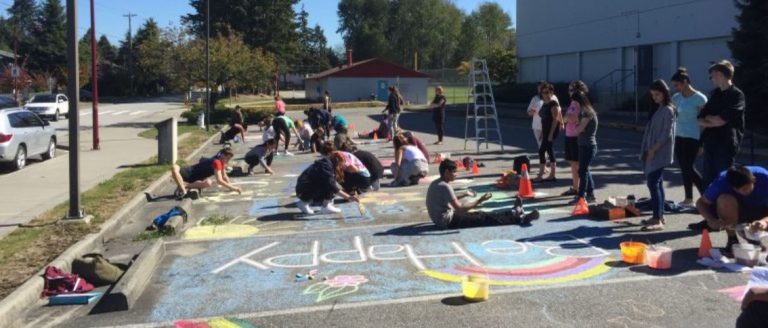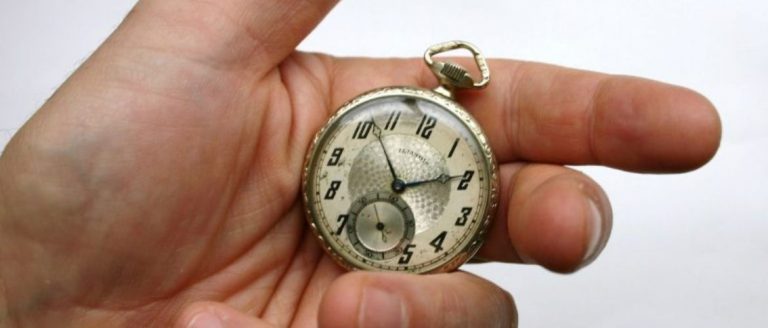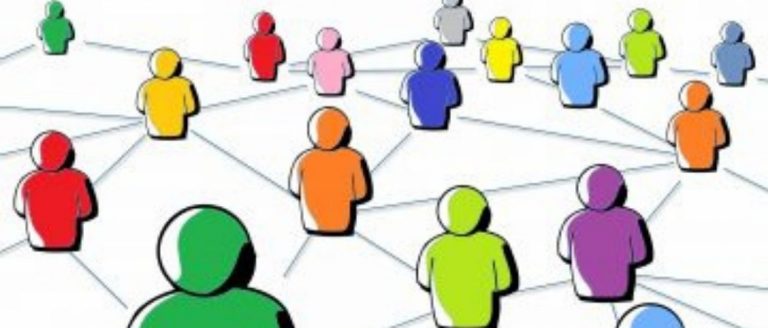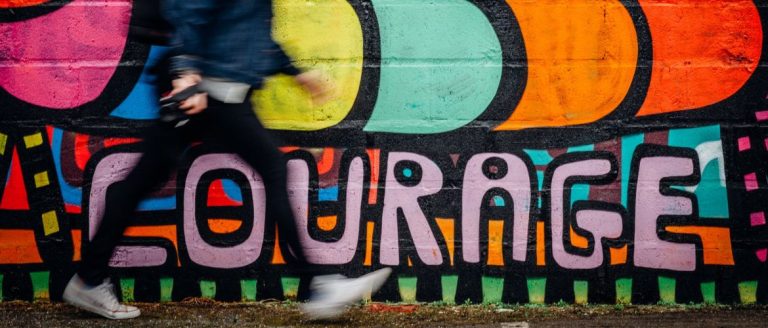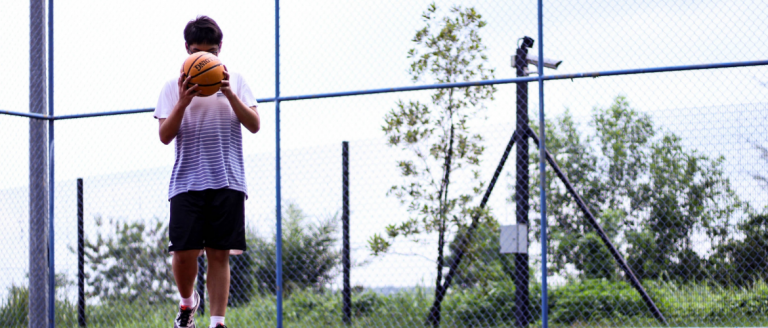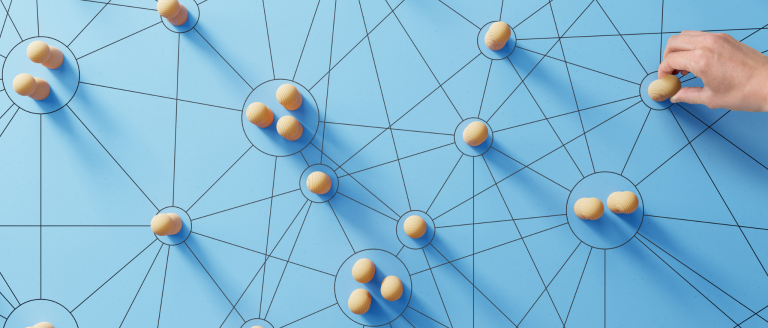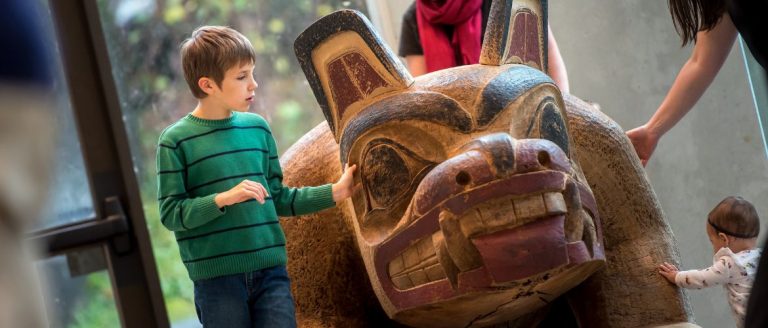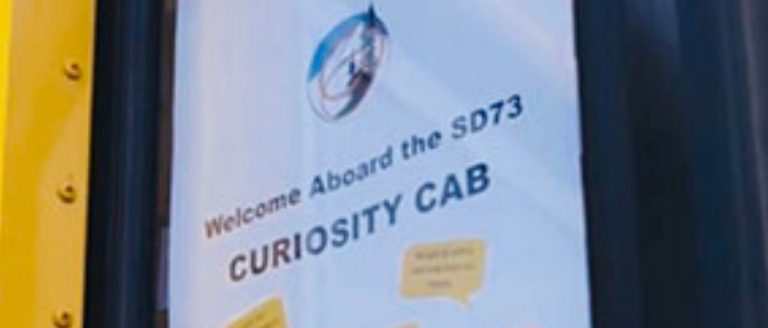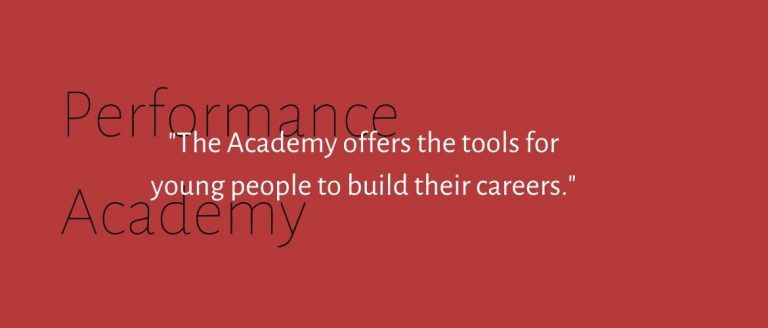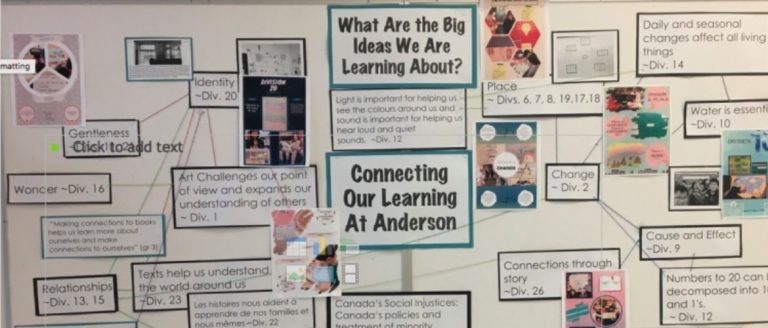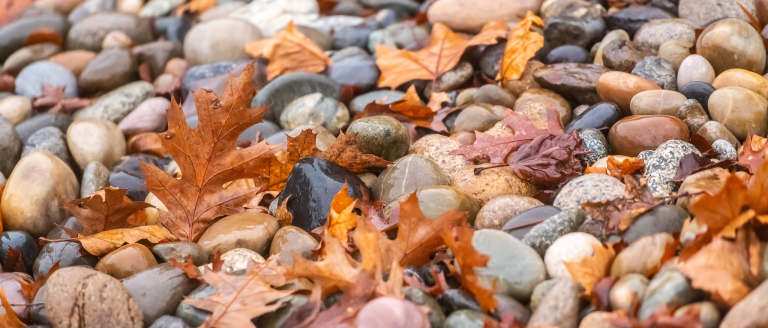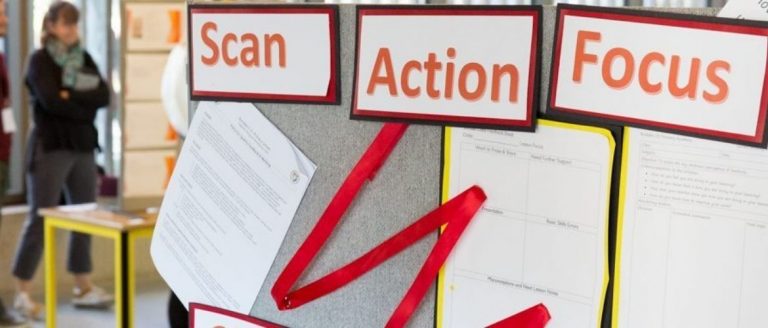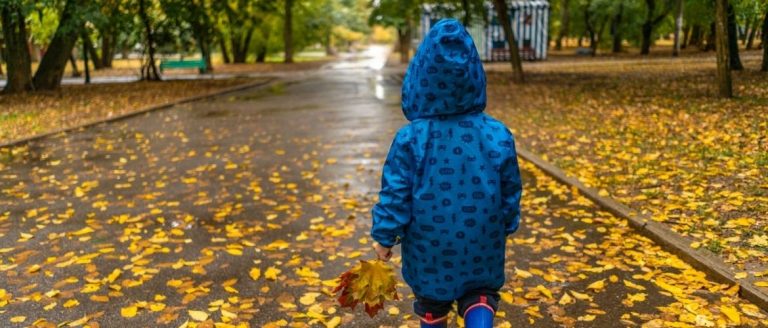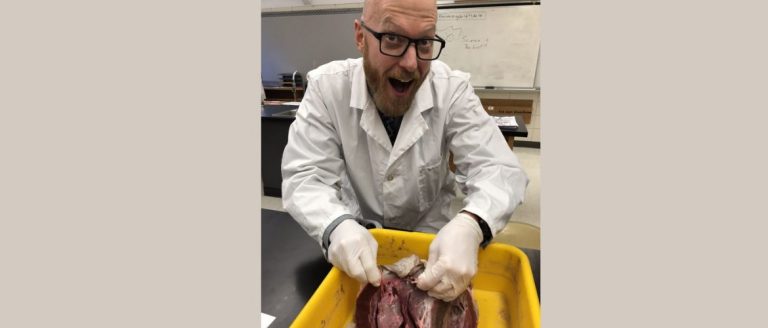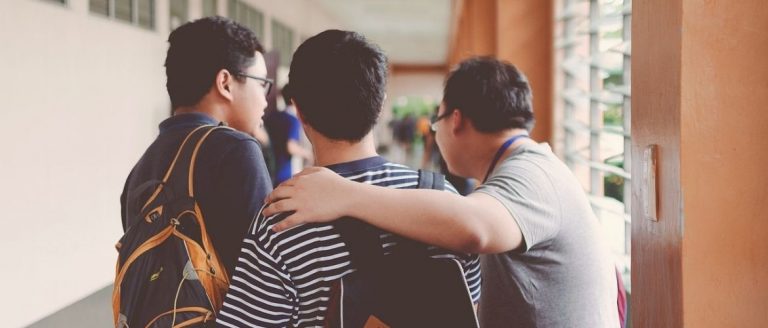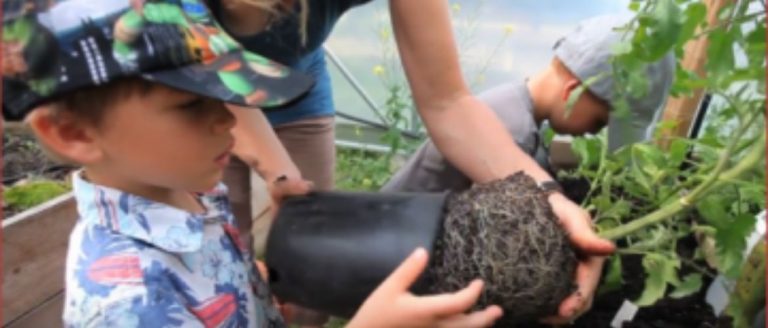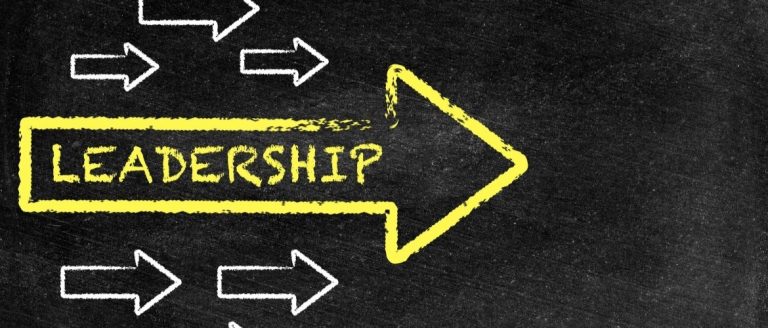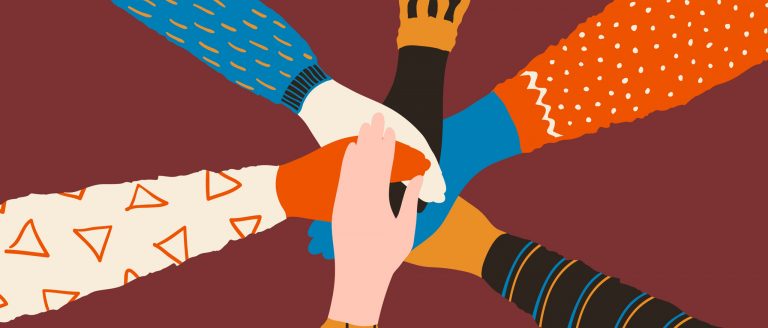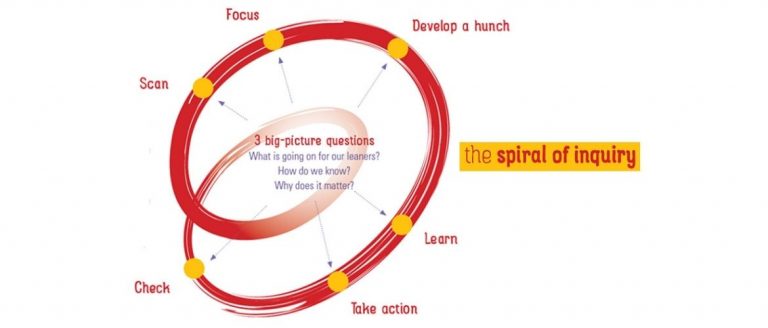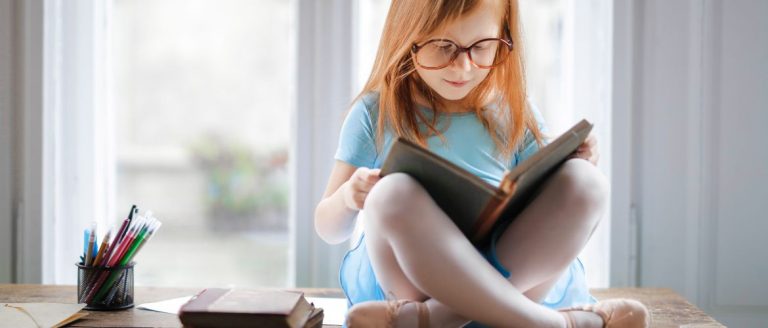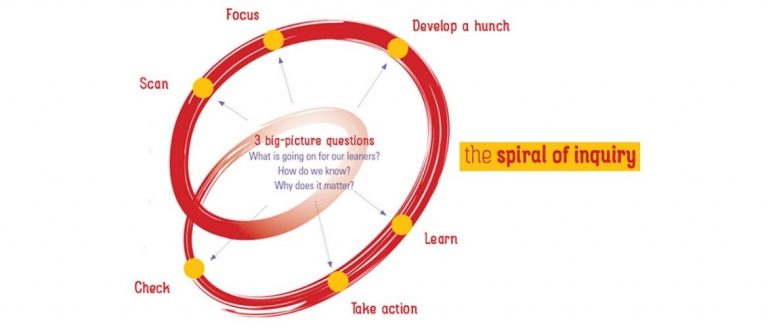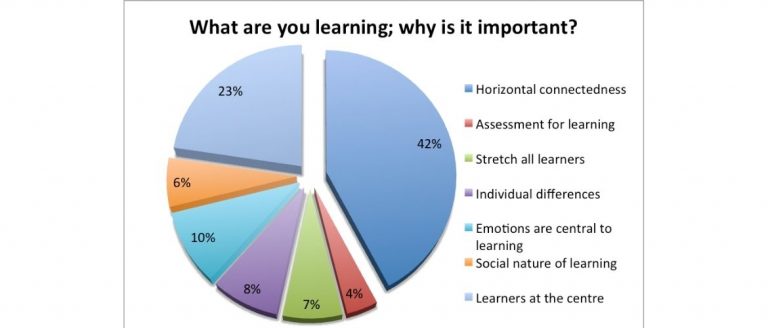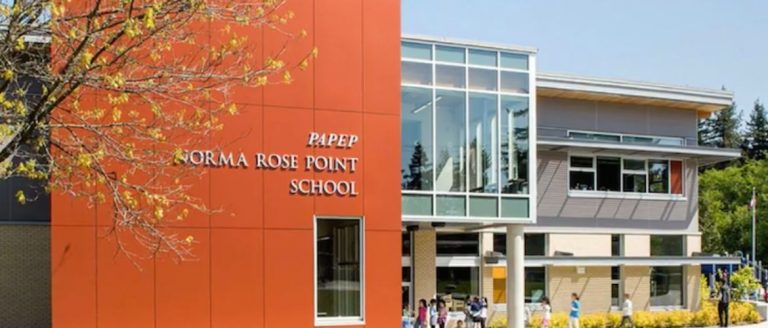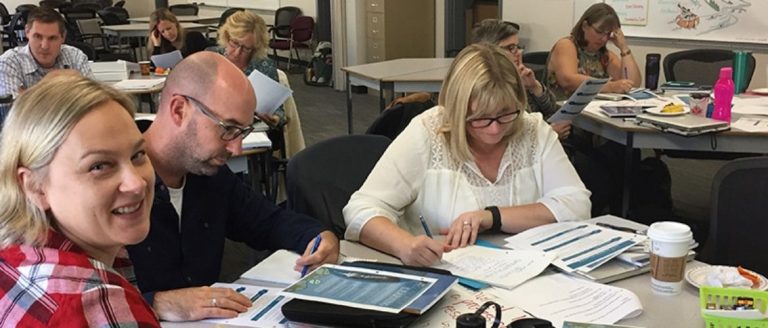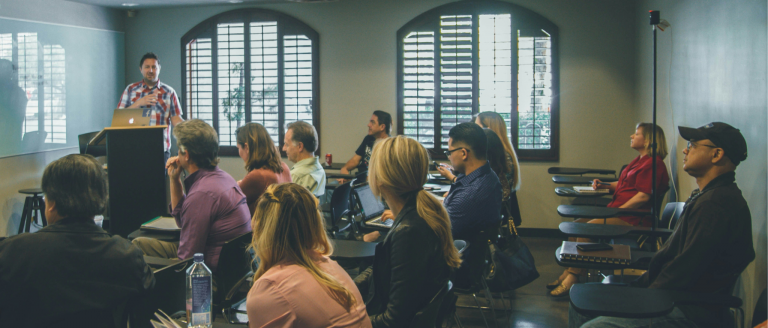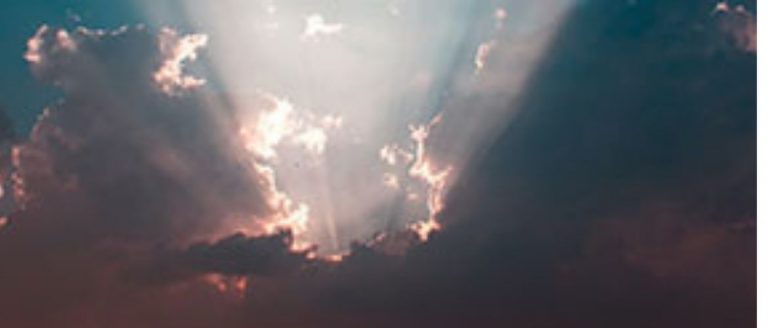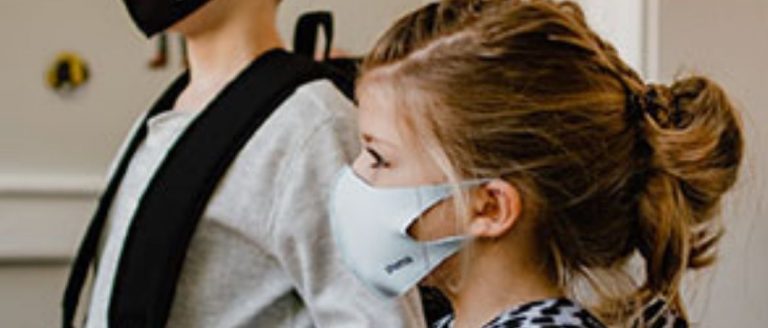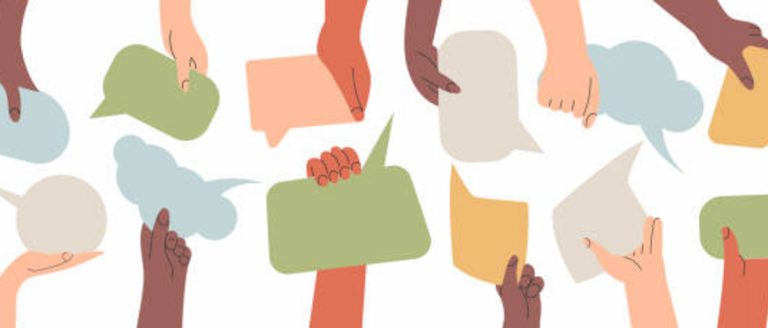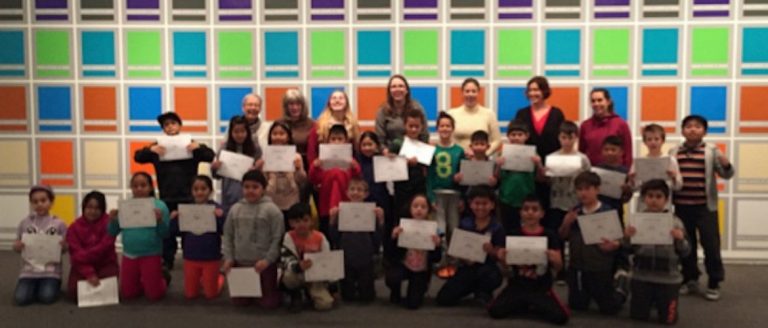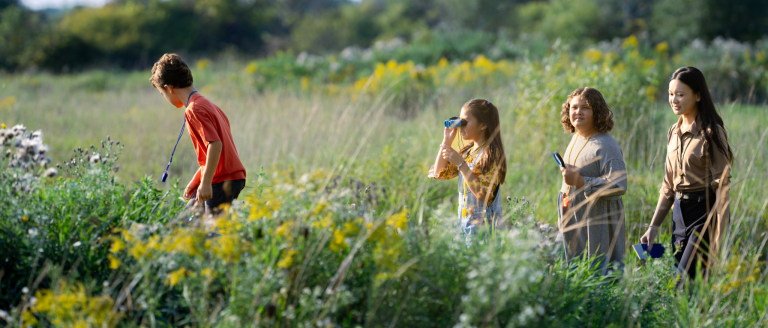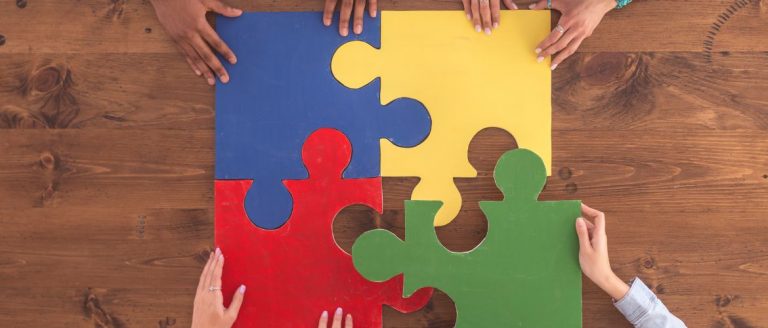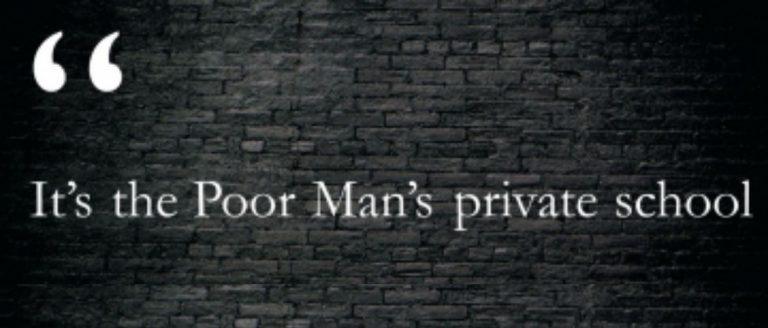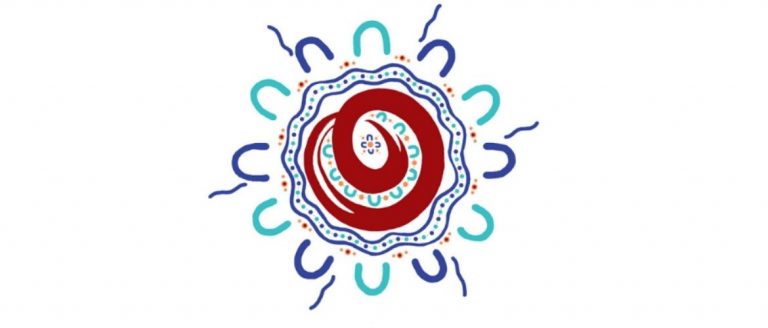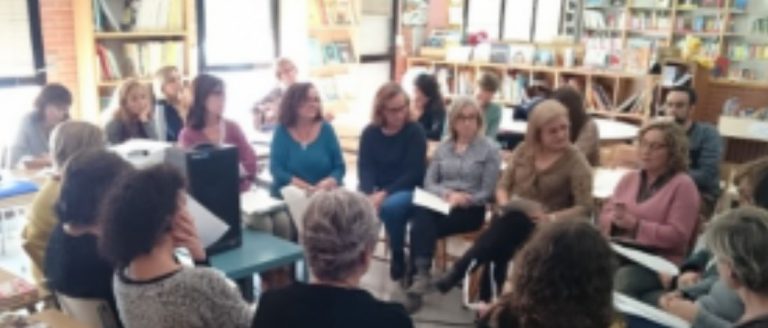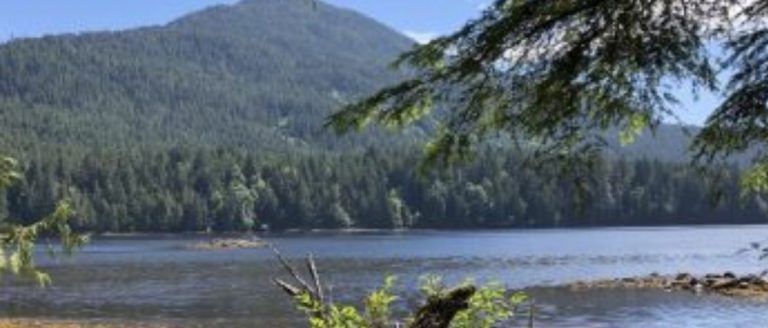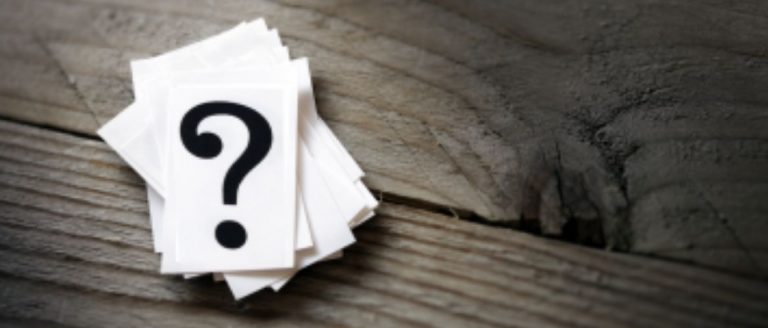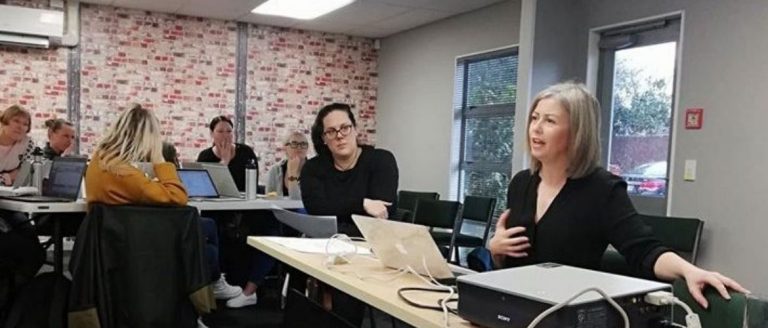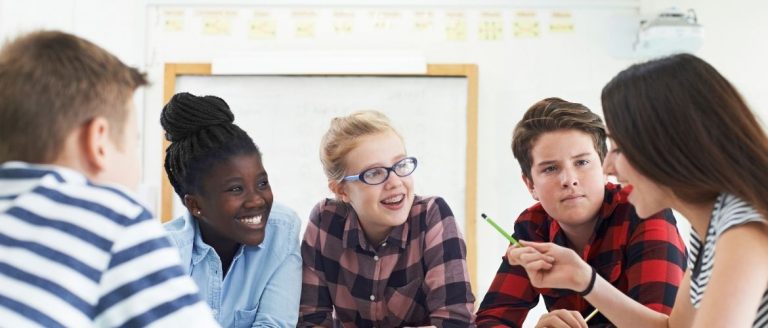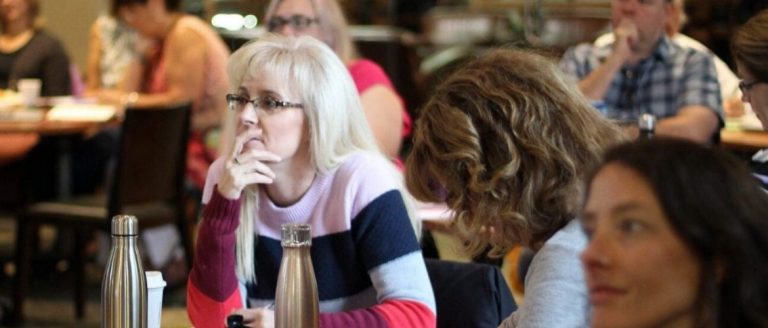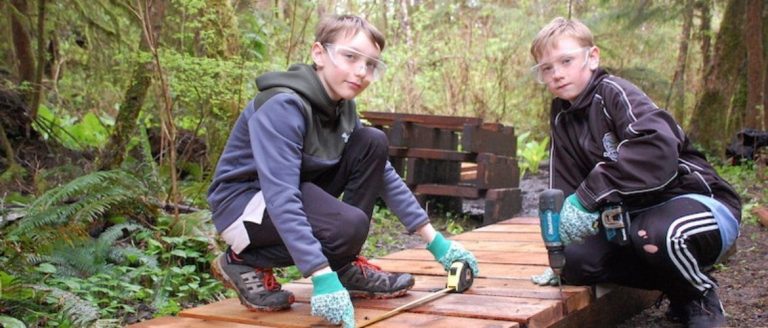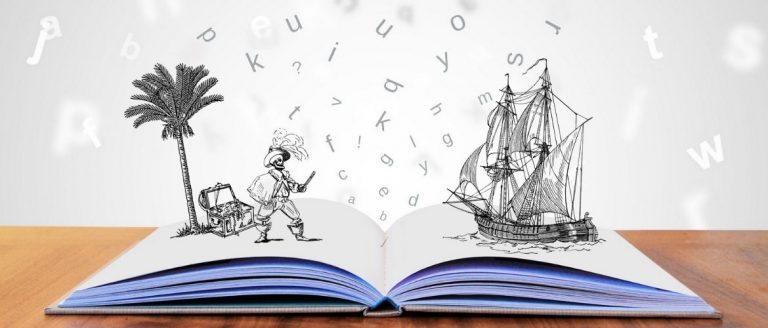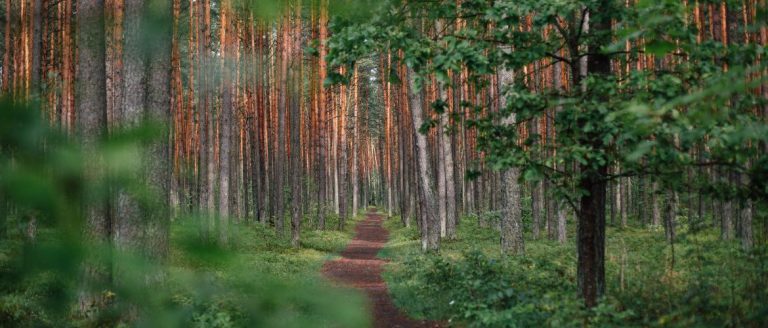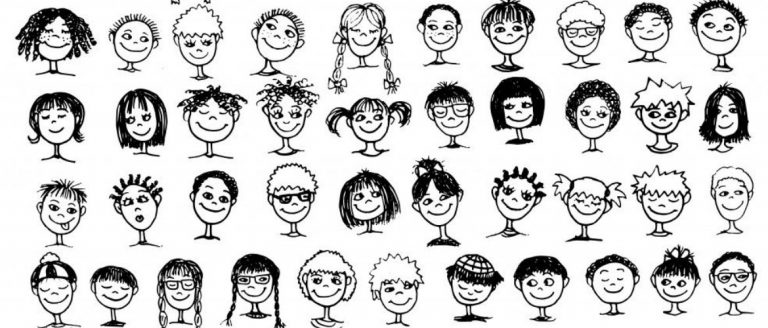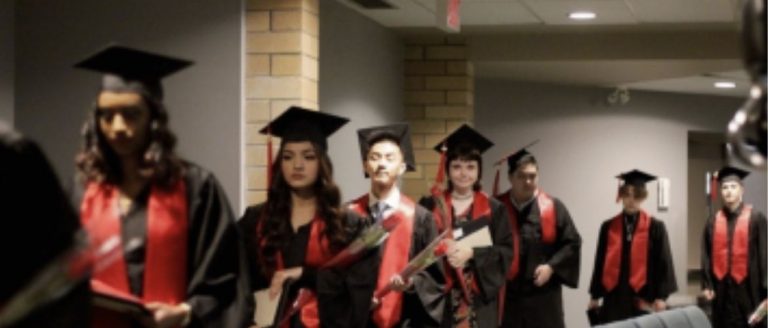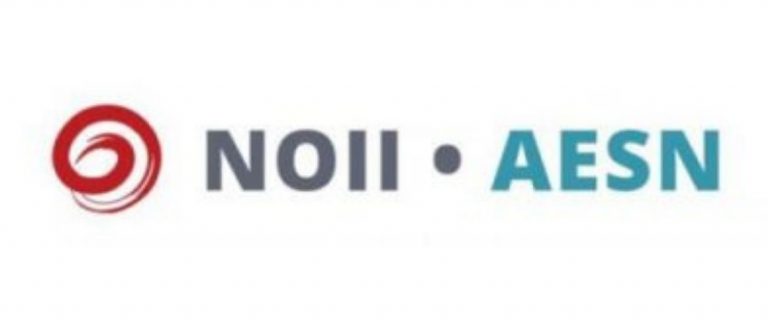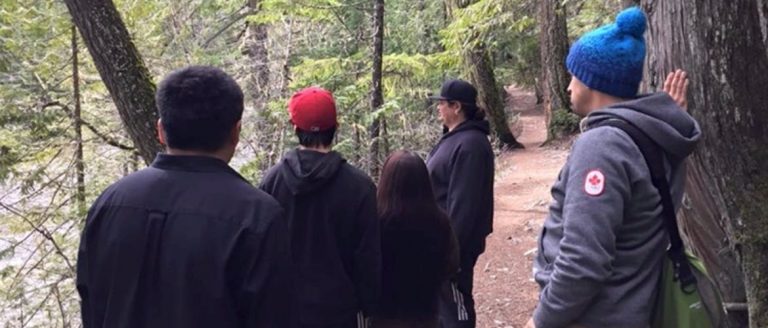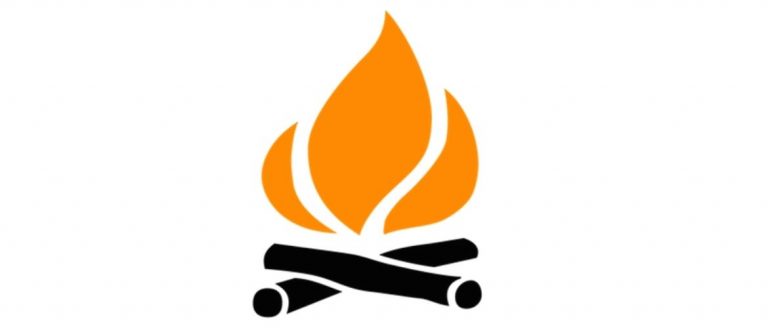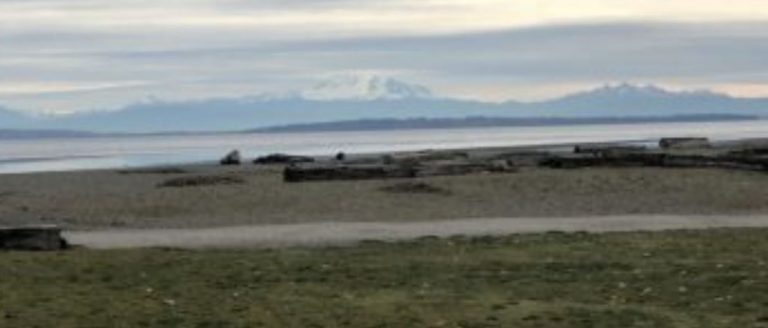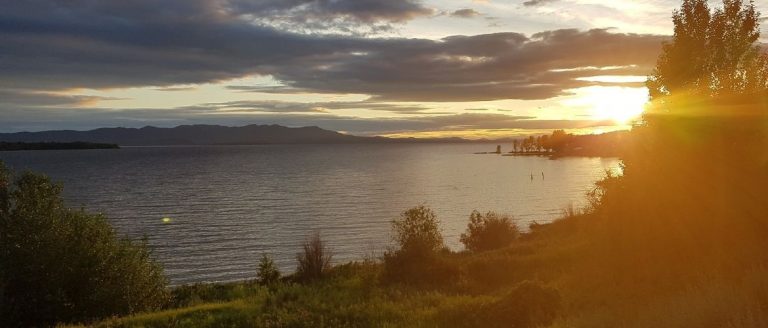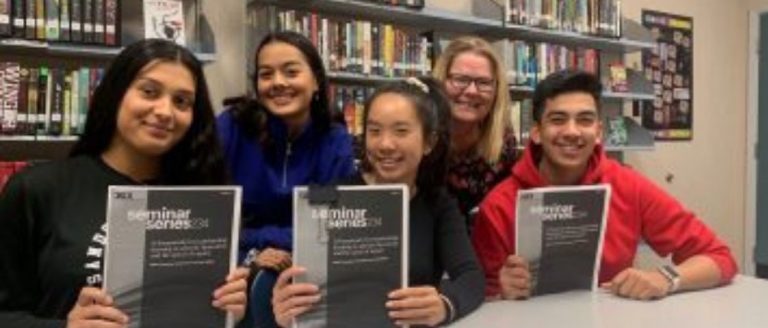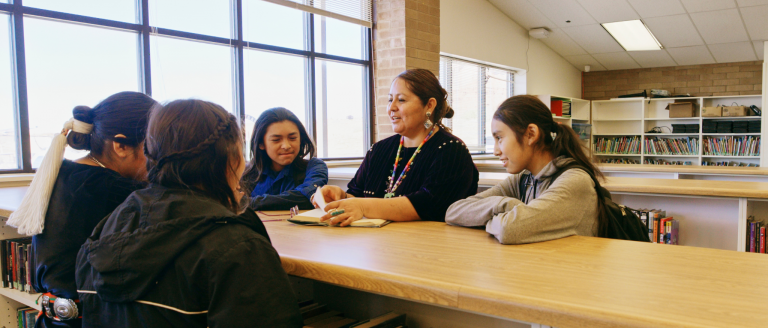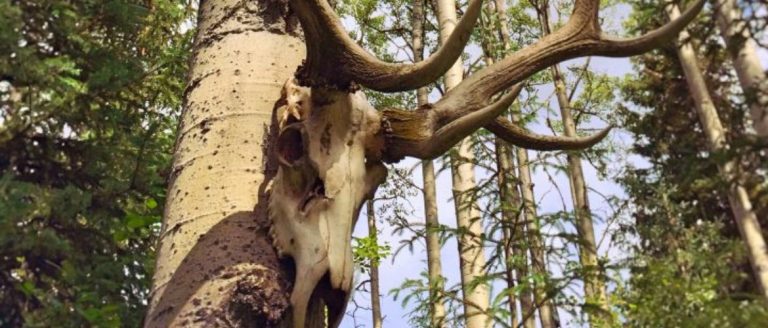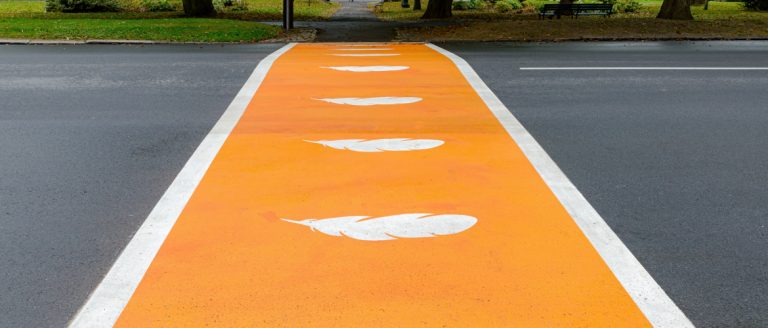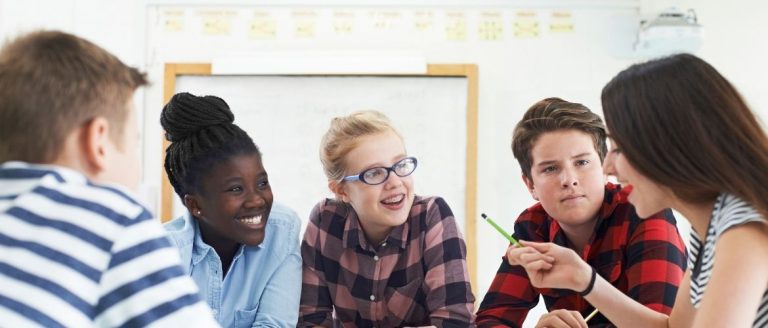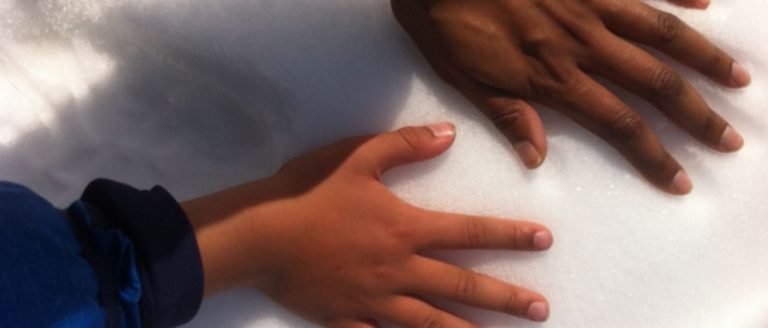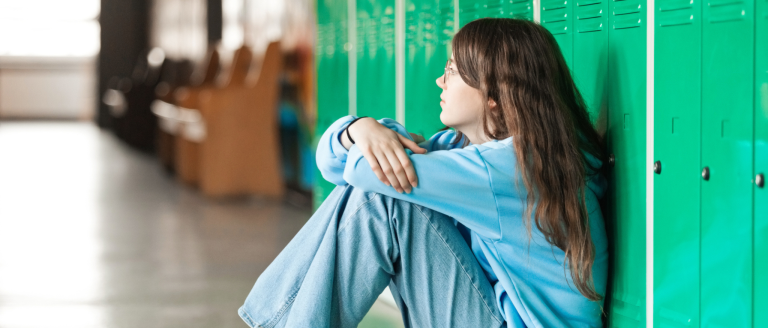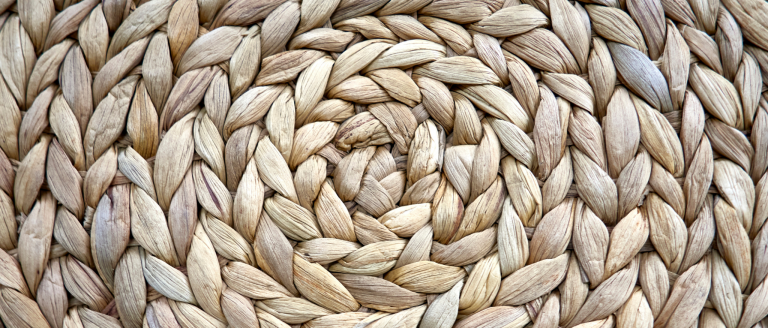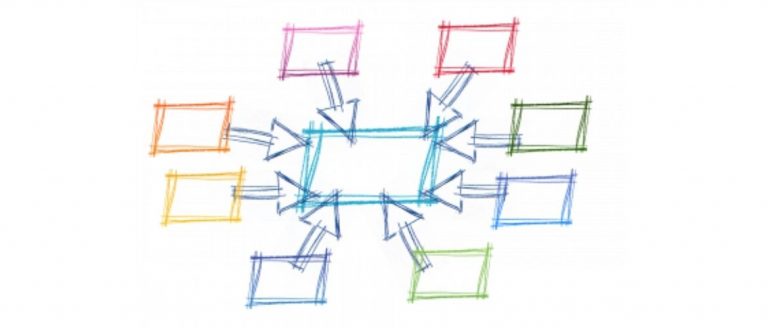Twice a year the Transformative Educational Leadership (TEL) Journal publishes articles by TELP graduates that share stories of transformative educational practices, positively influence discourse among practitioners and scholars, and support educational transformation in the service of every student in BC and the Yukon.

Fall 2025 Issue
The Fall 2025 issue is here! Discover the latest articles from TELP graduates, which will appear below when you click the link.
Looking for past editions? Use the ‘Sort by issue’ filter to browse previous articles.
Search by keyword or author
Sort by issue
Filter by topic:
What does it take to be a teacher who scans their learners, learning environment, and their own practice with curiosity and a eagerness to learn? Using the characteristics of an Inquiry Teacher, as defined in her upcoming book with Trevor Mackenzie, Rebecca Bathurst-Hunt frames the transformations that she and her students experienced.
What happens when a school gives students cameras and an invitation to tell stories of the places they feel safe at school? Join Jennelle Kresak in this appreciative inquiry into the relationship between students and the stories of place.
Find out what happens when a leadership team perseveres with an inquiry into a second iteration. In her article, Jennelle shares year two of their journey into how to help middle school students feel a sense of belonging when they might otherwise feel like they are just passing through.
In this multimedia narrative about the impacts of bringing staff and students to a community breakfast, Naryn Searcy provokes reflection into the tension between rigidity and relationship.
Join Indigenous Educator and Leader Heidi Wood in a video of her sharing a shawl she wove as a physical act of her learning and reflections from TELP. In creating this piece, Wood models her own learning and offers an invitation to us to consider how we might best engage authentically in equity work.
Looking under the rug, so to speak, can be a humbling experience. Doing so as a staff can be powerful and instructive. We looked under the rug and found some pretty enlightening truths. This article explores how Academic Service Learning can increase students' intellectual engagement in learning.
Transformative Educational Leadership Journal | ISSUE: Fall 2020 Several actions were initiated as part of an investigative scan of what was happening in our current contexts as well as within the field of alternative education. One of those action items was to complete a literature review of the current research. By Shauna Ross & Joanna […]
During the pandemic, the authors of this paper developed and launched a university course at Sweden's Uppsala University built on the Spiral of Inquiry. Built from the ground up, this paper offers a behind the scenes look at the design work that goes into supporting leadership development at the graduate level.
How do education leaders best support building capacity while validating the work of both formal and informal leaders in their systems? In this article, Todd Manuel will describe a leadership series run in School District 67 that emphasizes leadership as a shared responsibility, not as a rank. Meeting over eight Saturday mornings over the past year and a half, thirty educators have committed to being part of this project.
The powerful impacts of Assessment for Learning (AfL) have a deep evidence base. Despite this research being available for decades, Dr. Lorna Earl worries that we have barely started the AfL journey, that we have become complacent and are skimming the belief systems and practices that will fulfil the promise of AfL. Could a national network make th
Research confirms quality leadership and quality learning are directly correlated. Supporting a school community to truly thrive, today’s transformational leader requires an abundance of courage. In this capacity, courage can be considered at three levels, each cultivated by five distinct voices.
One of the hardest parts of being a school leader is remaining humble and in-tune with the people you are leading. An educator relates a story in which practicing humility helped him make a breakthrough.
How might district-level departments organize themselves to work together in order to better serve schools as they strive towards equity? Brooke Moore’s organizational improvement plan explores how relational coordination can offer an anti-colonial and collaborative model forward.
In this exploration about Indigenous education in Canada, Jo Chrona uses a stance of curiosity to help a colleague come to terms with his big question around why the BC Curriculum specifically includes Indigenous knowledges and perspectives. This question is so common as to be a cliché - and Jo's response opens those who ask it to a new paradigm.
Teaching students how to make good decisions by using a decision skill framework grounded in the decision sciences means giving them the opportunity to engage in nuanced civil discourse. This approach to engagement around difficult, divisive, and complex conversations as we strive, globally, to address complex problems is necessary.
We know that relationships are central to human flourishing. So what might that look like in a school that sets quality relationships as a focus? Jasmeet Virk explores how intentional, authentic, and collaborative relationships are core to reconciliation and growing a community where everyone flourishes.
To sustain a learning system over time, careful consideration for and equitable promotion of the conditions that allow learning leadership to flourish is a challenge worth tackling - even in a global pandemic. District leader Lisa Carson shows how schools are emerging from this isolating pandemic as connected and networked learning organizations.
How one leader's approach to noticing, encouraging, and celebrating others influenced the culture of a school and community.
This multimedia collaboration and team presentation speaks to the learning that sparked each member as an effect of their connections.
Academies disrupt the way we assess, the way we grade, the way we teach, who teaches, who’s in the class, where we have class, and even the school schedule itself is susceptible to disruption. Academies are systems changing programs.
A peek behind the curtain of how to design a successful leadership program. Find out more about the scaffolding and design work behind UBC's Transformative Educational Leadership Program.
In this piece, Rosa Fazio brings together physical design and design for adult collaboration and learning in a beautiful treatise to the power of intention in both spaces. In grounding the nuances and potential of collaborative professional inquiry in the structural aesthetic of physical architecture, Rosa offers new insights into ideas that have, in some ways, become overly familiar.
The importance of symmetry and emergence is increasingly evident in the Richmond School District as school leaders work with teachers to develop their plan for enhancing student learning using the Spiral of Inquiry as a theory of action. In this article, Lynn Archer takes us through what this complex work looks like and what it requires to thrive.
This how an administrative team worked within their district's Framework for Enhancing Student Learning and used the Spirals of Inquiry process to support their staff and students to delve into the redesigned BC curriculum.
In her organizational improvement plan, Lynne shows how meso-level leaders committed to establishing equity and inclusion in the K-12 school system can create systemic change.
It is not always easy. But it is work that matters. And, as the stories in this paper highlight, the reasons why Spirals is so effective in changing outcomes for learners in England is that the process goes far beyond surface level inquiry and interventions.
In a highly nuanced narrative, Naomi invites us to consider emotional leadership from a storied lens. Naomi demonstrates how we must first understand our own stories of self in order to create space and hold compassion for the stories of others, especially when it is hard.
In order to walk with intention and live up to her values, Deena relies on a set of tools she designed specifically to help her navigate nuanced and tricky situations. These tools encourage thoughtful action and decision-making so as not to default to perpetuating the systemic inequities inherent in our systems' design.
The simple act of taking a walk—a walk with a curricular focus or purpose—can have multiple positive consequences—many of which are much more profound than we ever imagine. This article takes you inside the #imagined hashtag and explores the transformative pedagogy underpinning the #walkingcurriculum challenge.
Reflections of a teaching high school principal on learning strategies, student engagement and leadership within the context of knowledge, deep learning and how best to navigate the redesigned curriculum.
In this article, Rob Laing describes how beginning his principalship while teachers were on strike helped him build relationships through three core practices. Over his four and a half years at this school, these practices significantly impacted the staff's ability to move from the picket line toward collaboration and change.
A catalyst for transformation, students from pre-school to Grade 12 at Lucerne School in rural New Denver work in partnership with local community organizations and volunteers to inquire and create change through their school/community Garden, Greenhouse and Sustainability initiatives.
Leadership can take many forms. This paper outlines early lessons learned in a case study featuring a committed group of formal leaders embarking on a collaborative inquiry journey, organized and facilitated by a teacher-leader.
Just when Lys had given up on school as a grade 10 student, one curious and compassionate teacher opened up an entirely new pathway to her. Curl up with the story of how Lys ended up a school principal, despite nearly dropping out of school herself.
Given the reality and impacts of (often unexamined) racism of low expectations, what might it take for a high school staff to build high expectations relationships? Michael Seitzinger tells about how a focus on developing high expectations relationships can help address high school students' low attendance and engagement.
Listen in on a conversation with Roberta Edzerza as she shares about Indigenous leadership, the impact of an appreciative lens in lifting up the leadership of others, and the educational work yet to be done in this province. She prefaces the conversation with a slide deck showcasing the powerful leadership she has learned from and the relationships that have shaped her life and her work. This contribution will call you to reflect on how these powerful themes resonate in your life and what you are doing about it.
Principal David Coats positions himself as a learner as he shares small changes his school is making to centre Indigenous knowledge systems. This piece will cause you to wonder what small steps you might take on this important journey.
Over the past decade, the work of inquiry-oriented BC educators has had a global impact. See how the Spirals is impacting learners and creating learning systems across diverse political contexts and systems around the world including Catalonia, Sweden, New South Wales, New Zealand, and British Columbia in this special edition.
In this article, Naomi Ross and Deanna Holitzki offer a map of their district's successful whole scale shift to a literacy coherence model they created as a result of a Spiral of Inquiry into reading data in the primary years.
In this narrated slide deck, Keri Hanlon and Sandra Tee reinforce the importance of building connections amongst all the shareholders in a school community. As administrators, they also illustrate how they are using the Spiral of Inquiry at their respective schools.
This is a narrative account of a first year Principal leading during a global pandemic. The lessons learned during this time include be steady, be clear and be generous - inspired by Dr. Bonnie Henry.
If we believe changing outcomes for students depends on teacher learning, then we must cultivate a culture of learning in our schools. In doing so, a leader’s focus shifts from managing the building to designing learning environments in which the adults move from being employees to being learners. Here is how one school made this shift.
In this article, Nancy and Brad share how they have helped school leaders lead through the pandemic. Despite the temptation during the crises to withdraw and pause, the authors discuss how continual professional learning is needed now more than ever in order to help leaders connect with their purpose and lean into their capacity.
As educator Robert John Meehan notes, “The most valuable resource that all teachers have is each other.” If we want to transform schooling, attention needs to be placed on a learning communities model that nudges learning and shifts educators from a single cell mindset towards collective action.
So often we make lists of things we must attend to and then check things off that list with a slight puff of accomplishment. What about those items we leave undone? I made a plan for this year and I left some of it undone. Rather than feel like a failure about these inactions, I realize there is a lot to be learned from being curious instead.
With her thinking and her heart rooted in social justice and the recognition of the responsibility placed on educators from the Truth and Reconciliation Commission, Birgitte Biorn maps a route towards transformative shifts in teaching practice to place Indigenous perspectives and pedagogy at the forefront.
Read how one school found a digital storytelling tool to positively influence cultural capital and compassion beyond place and identity, shift stereotypes and prejudices, connect students internationally on a values-based level, and reflect on commonalities in a global context.
In their article, Lynn and Christel share how the pandemic invited them to explore the silver linings their District leadership team discovered in the pandemic. Read on to find out how the pandemic and District supports provided a catalyst for widespread innovation and deepened relationships.
In this paper, leadership from the Yukon Department of Education share how they responded to the pandemic with a socio-emotional stance on leadership development, incorporating human behaviour with change management and organizational effectiveness.
In a unique approach to inquiry, Kerri Steel offers a way of thinking about the work of transforming schools from places of learning to learning environments where students and families thrive.
Woven with images, research excerpts, quotes, and the voices of the educators and young learners in her school, Barb Hamlet shares a beautiful portrait of the Spiral of Inquiry at work in her school. Flip through this case study about well-being and transformation and you'll see the bold heart and head work in action.
The Open Minds model provides a framework for "learning in community", re-conceptualizing traditional field trips as extended, place-based, co-created learning sites. The 2016 Museum School model embodies the core OECD principles, providing a model from which to "scale out" this experiential, placed-based pedagogy for the benefit of students in BC.
What happens when one elementary school decides to re-invent some of the structural norms to better serve learners and their families? Kimberley Grimwood shares how fresh thinking with a clear purpose provoked her and her team to open their elementary school library during the summer weeks.
If you are one of many educators who wants to take your students outside and design learning in nature, but you are not sure how to do that, read this article by April and Lauren. In a light and narrative style, these educators share four specific outdoor routines to any teacher can use outdoors to engage learners in deep thinking and learning.
Tashi Kirincic is taking a systems-oriented inquiry response to secondary schools' bewildered cries around how to support "kids who can't read". In this piece, Tashi lays out the Spiral and her leadership over the past year in a way that shapes this work as possible, resonant, and clear. As you will see, her inquiry has a couple of layers and iterations, and is heading towards increasingly powerful impacts.
In this article, Sherri Roche examines our own and our system's propensity for change in dealing head on with the human tendency to stay where things feel comfortable rather than integrate diverse ways of being and lean into the pause of curiosity.
The streamlining and the filtering that currently exists within French immersion schools is not promoting a culture of difference and it is robbing our students from the varied experiences they get from interacting with difference.
In this article, the authors share how they began using the Spirals of Inquiry in their leadership practice as Schools Principals to improve outcomes for learners. The impacts have rippled far beyond their schools in some surprising and far reaching ways to connect hundreds of school leaders in this transformative work.
In a system marred by political instability, a small number of leaders created a network of schools in Catalonia and transform how teachers engage with their own learning. The impact? System-wide transformation has begun. Read how Begonya and her colleagues have used metaphor and relationships to begin to shift a system towards a focus on students.
Principal Christine Franes walks us through the act of engaging with Indigenous wisdom, nature, and wonder as an act of self care. You are invited to walk alongside Franes in this photographic exploration of leadership.
This paper explores the impact of a collaborative inquiry framework on student and educators' learning in a small, rural secondary school. Powerful transformations can take place when teachers embrace research-informed practices, developing their capacity as a community of learners to embrace meaningful learning.
In this article, Rebbecca Sweeney shares the professional learning approach and related tools and resources she uses to support schools to re-design Teaching as Inquiry using the Spiral of Inquiry, an approach that avoids the numerous pitfalls collaborative inquiry can present.
Attached is a combined academic/narrative style of submission. The author has attempted to provide provide a personal account of her TELP experiences, current research within this area and how this relates to her inquiry interest area on the topic of social emotional learning and leadership development.
Spirals of an in-class teacher outlines the process developed to implement Spirals of Inquiry in a high-school semester setting. This article is meant to read as a narrative about how the author executed an efficient Spiral of inquiry inquiry in his classroom.
See how a Swedish Network grew from a two day learning session about the Spirals of Inquiry which the authors of this paper see as a systematic mental model for disciplined collaboration and encourages the professional mindset and language necessary to bring about positive change throughout our school system at all levels.
Implicit bias can only be addressed when made highly visible. Harmonizing STEM learning principles with Traditional Ecological Knowledge in the creation of a traditional foods and medicine trail has allowed learners to challenge implicit bias through raising our valuation of Aboriginal Worldviews and Perspectives.
Strong practice acknowledges that all of our educational choices build community and engagement or, conversely, tear it down. See how Story Studios is building community as a strong literacy approach.
In this video, Mia Moutray shares artwork she painted to tell the story of her thinking about how leadership can make space for youth agency in the work of equity. This visual walk through the Spiral of Inquiry integrates values and goals of equity in a uniquely powerful way.
Supporting Low Achievement Math Learners in Grade 8: Creating programs to support student transition
Students who find themselves two or more grade levels below their peers require additional, intentional programming to be successful. This paper explores programs implemented at Argyle Secondary in North Vancouver, programs that attempt to build scaffolds and supports to allow students to catch up on and fill in the gaps of their learning.
This article provides an in depth look at how District Leadership engaged with stakeholders through collaborative inquiry in the quest to better serve students who may need alternative educational settings in order to achieve success.
We embarked on a transformation journey approximately ten years ago. But the question remains: how do we embed transformational learning into our learning communities.
For the past sixteen years we have been facilitating voluntary networks of schools in British Columbia, Canada. Over this time, we have seen the significant impact that teacher leaders can have when they are linked, supported and engaged in learning communities that use a common framework for disciplined inquiry.
When I first set out on this journey, my focus was on decolonizing our learning space and my own practices as an educator. This involved seeking ways of exploring ‘reconciliation as an inclusive process’. Read on to see how we meaningfully explore important questions such as those around 'the deeper meanings in our life experiences'.
We are very excited to share Unleashing the Power of Transformative Educational Leadership, an independent evaluation of TELP prepared by Dr. Louise Stoll (UCL Institute of Education, London). UBC’s Transformative Educational Leadership Program (TELP) is making a difference for educational leaders across the province.
In her highly engaging narrative, Jennifer shares how working in other countries can offer a mirror through which to better see our own contexts. Take this trip around the world with Jennifer and you will land in a place with new insights on your own context.
We measure that which we value. In this refreshing article, Amelia Peterson introduces a new metric: the fire triangle. This storied approach to data provides a new take on what it now takes to measure the complexity of educational change.
In this article, the author shares the journey of a district transition spiral of inquiry, revealing that it is the collective voice that leads to collective agency toward more inclusive and equitable learning environments.
In this narrative exploration of the power and legacy of storytelling, Geoff shares candid stories of his own learning throughout a powerful inquiry into relationship building with the sna'naw'as, the Nanoose First Nation.
A narrative account of how a community changed its educators and their professional practice.
Introducing a co-mingling of voices - that of a Vice Principal and her secondary students as they share authorship of this article in much the way they shared space in a multi-layered collaborative inquiry.
With her eye and heart toward equity for all students, Terry Taylor uses her organizational improvement plan to address the need to transform the educational system with decolonizing leadership and praxes.
The work of story, in our lives and in our learning, shapes our way of being. In this paper, Jana Fox shares how she most recently experienced the power of story during an exploration about how Indigenous ways of knowing and being inform her role as an Indigenous person and educator. Read to find out how she came to know Trickster as her teacher.
In this poetic and candid exploration of Truth and Reconciliation, Lori Burger offers a model for truth and reconciliation that invites both an inward and an outward journey.
While out in nature appreciating the beauty of the land, an educator explores what the pandemic has left behind in its wake.
When a Principal or leader is assigned to a new school, where do they focus attention when trying to understand a school culture and climate? How is trust and integrity built? This article suggests that leaders need to listen to the words and narratives used in the school community, then respond with curiosity and adaptive expertise.
In this intimate essay, Alice Jungclaus invites readers to walk alongside her in her return to herself and her country during this time of truth and reconciliation.
Secondary school students have well documented dips in belonging and secondary school structures are notoriously difficult to shift in ways that can transformatively address this lack of belonging. In this peek into her dissertation, Lynn offers leaders a pathway through this complex context as they strive to ensure all learners thrive. The frameworks she draws together will be especially helpful.
Nicole Davey shows how Indigenous ways of knowing and being create and amplify powerful leadership models to enable deep and meaningful change in education. This plan is meant to guide transformative change in the K–12 education system, and, fittingly, it begins with the critical examination of self.
There is no doubt there are different levels of leadership and that within any given school there will be individuals who have characteristics of a traditional leader; but it is the emerging leader, the influencer, who takes center stage in this story.
Educational leaders must strive for continual growth within their communities with wellness as the foundation. Without wellness there can be no learning as learning is central to a robust education system that can endure.
